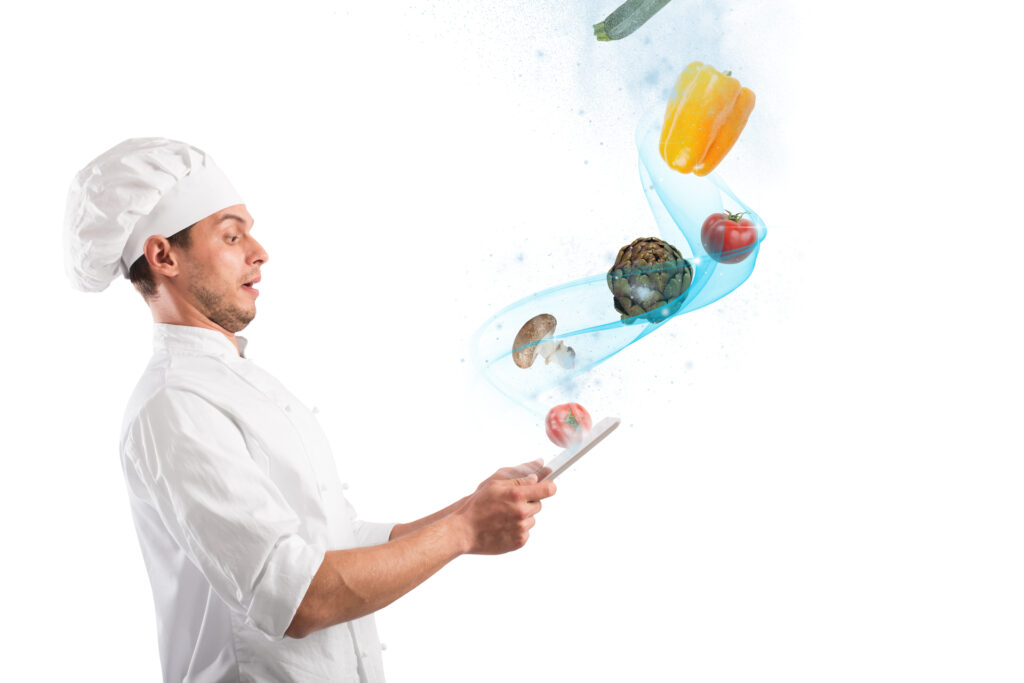
Becoming a successful chef is as rewarding as it is challenging. Beyond passion and creativity, every aspiring chef must acquire essential skills to excel in the culinary world. Whether you dream of running your kitchen or crafting exquisite meals, mastering these skills is crucial. Let’s explore the must-have abilities every future culinary expert should develop.
Proper knife handling is the foundation of cooking. Knowing how to slice, dice, chop, and julienne ingredients with precision speeds up your workflow and ensures kitchen safety.
Tips for Mastery:
To create harmonious dishes, an aspiring chef must learn to balance flavours—salty, sweet, sour, bitter, and umami. Recognizing complementary and contrasting ingredients is vital for developing signature recipes.
Tips for Mastery:
Managing time and staying organised is key to success in a fast-paced kitchen. Chefs juggle multiple tasks simultaneously, and lack of organisation can lead to chaos.
Tips for Mastery:
Mastering various cooking methods—from grilling and roasting to sautéing and braising—is essential. Each technique brings out unique textures and flavours in ingredients.
Tips for Mastery:
A dish’s presentation is as important as its taste. Learning the art of plating ensures your creations are visually appealing and leave a lasting impression.
Tips for Mastery:
Unexpected challenges are inevitable in a kitchen. Adaptability is a chef’s superpower, whether it’s a missing ingredient or a sudden change in orders.
Tips for Mastery:
Maintaining cleanliness and adhering to food safety standards is non-negotiable. A professional kitchen must ensure the health and safety of its patrons.
Tips for Mastery:
Kitchens thrive on collaboration. Effective communication with team members ensures smooth operations, especially during busy shifts.
Tips for Mastery:
Becoming a chef is more than just cooking; it’s about mastering technical, creative, and interpersonal skills. Chef Abdul says, “The kitchen is a place of endless learning. Stay curious and passionate, and never stop sharpening your skills—literally and figuratively.”
By dedicating yourself to these essential skills, you’ll elevate your cooking and prepare for a fulfilling career in the culinary arts. Bon appétit!
Chef Abdul © Copyright 2024. All rights reserved.